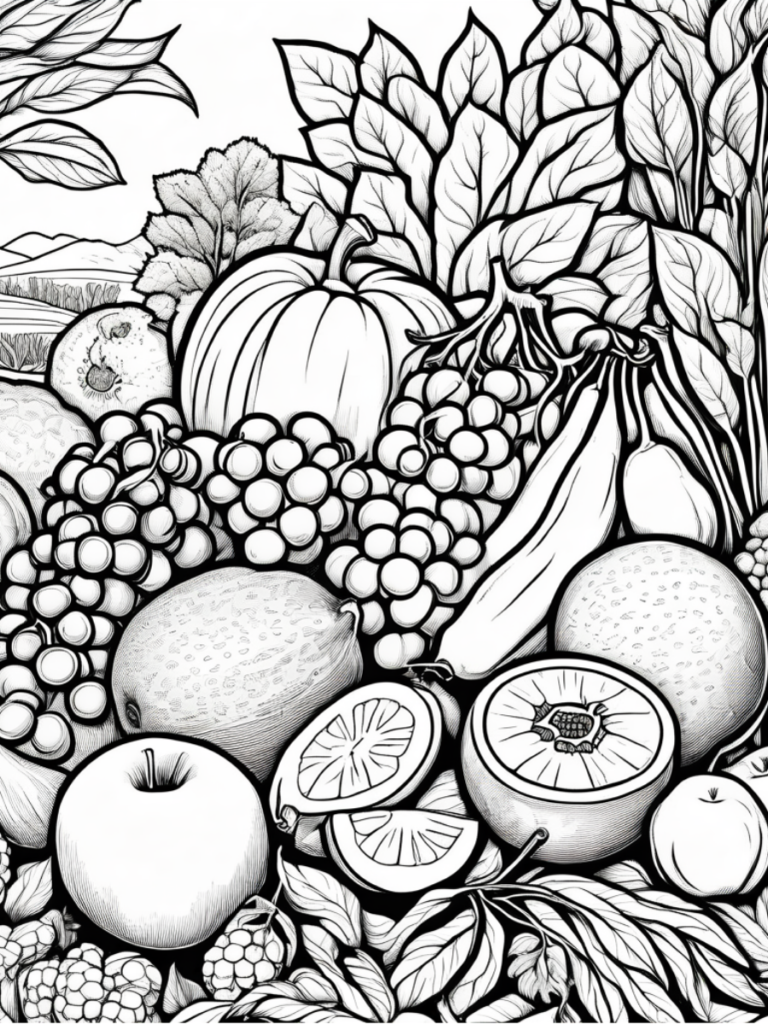Decoding "Clean Eating": A Nurse's Guide to Real Food and Sustainable Habits
As a nurse, I’ve observed firsthand the ever-evolving landscape of dietary advice, and “clean eating” is a term that frequently surfaces. While the intention behind it is often positive – a desire for healthier living – I’ve also noticed a significant amount of confusion and misinformation surrounding its true meaning. Early on, even in my professional capacity, it was clear that the public perception of “clean eating” varied widely, often leaning towards overly restrictive or aesthetically driven ideals rather than evidence-based nutritional principles. It became apparent that a clear, informed perspective was needed to cut through the noise.

One of the most prevalent misconceptions I encountered, and something I’ve seen many individuals struggle with, is the belief that “clean” automatically equates to severe dietary restriction. I recall many conversations with patients and individuals seeking guidance who had adopted incredibly limited diets in the name of “clean eating.” Carbohydrates, essential for energy, were often demonized. Healthy fats, crucial for hormone regulation and nutrient absorption, were avoided. Sugar, while certainly something to be mindful of, became the ultimate villain, leading to unnecessary anxiety around food choices. From a nursing standpoint, I recognized the potential for nutrient deficiencies and the psychological impact of such restrictive practices. It’s a pattern I’ve seen lead to unsustainable habits and, frankly, a less-than-joyful relationship with food.
A Nurse’s Perspective: Focusing on Nutritional Value and Whole, Minimally Processed Foods
Drawing from my nursing education and experience, my understanding of “clean eating” centers on a fundamental principle: prioritizing whole, minimally processed foods that provide the essential nutrients our bodies need to thrive. It’s about fueling our bodies with what they’re designed to utilize most effectively.
From a physiological standpoint, this translates to:
- Emphasizing Nutrient-Dense Choices: As nurses, we understand the critical role of vitamins, minerals, and fiber in maintaining optimal health. “Clean eating,” in its truest form, emphasizes foods naturally rich in these vital components – think the vibrant array of fruits and vegetables, the complex carbohydrates found in whole grains like oats and brown rice, and the essential fatty acids present in avocados and nuts. These foods provide sustained energy and support crucial bodily functions.
- Minimizing the Impact of Processed Foods: From a health perspective, heavily processed foods often contain excessive amounts of refined sugars, unhealthy fats (particularly trans fats), and artificial additives. As nurses, we are aware of the potential negative impacts of these components on metabolic health, inflammation levels, and the risk of chronic diseases. Reducing their intake is a cornerstone of a truly health-promoting dietary pattern.
- Understanding Macronutrient Balance: A balanced intake of carbohydrates, proteins, and fats is essential for overall well-being. “Clean eating” isn’t about eliminating entire macronutrient groups but rather choosing high-quality sources within each category. Lean proteins support tissue repair and satiety, complex carbohydrates provide sustained energy, and healthy fats are vital for hormone production and cell function.
Practical Guidance Rooted in Nursing Principles: Building Sustainable Habits
Implementing a “clean eating” approach doesn’t need to be an exercise in deprivation. As nurses, we advocate for patient-centered care and sustainable lifestyle modifications. Here’s how I advise incorporating these principles into daily life:
- Prioritize Meal Planning and Preparation: From a practical standpoint, planning meals around whole, unprocessed foods increases the likelihood of making healthier choices. Just like medication management, a proactive approach to nutrition can significantly improve outcomes.
- Become an Informed Consumer: Understanding Food Labels: My nursing training emphasizes the importance of patient education. In the context of nutrition, this means empowering individuals to understand food labels. Pay attention to serving sizes, ingredient lists (prioritizing whole ingredients), and the amounts of added sugars, sodium, and unhealthy fats.
- Embrace the Diversity of Whole Foods: Encourage a wide variety of fruits, vegetables, whole grains, and lean proteins to ensure a broad spectrum of nutrients. Think of it as a nutritional prescription for well-being.
- Focus on Gradual, Sustainable Changes: Just as we guide patients through gradual adjustments to new medications or lifestyle changes, adopting “clean eating” should be a progressive process. Small, consistent changes are far more likely to lead to long-term success than drastic, unsustainable measures.
A Nurse’s Call for a Balanced and Informed Approach
Ultimately, as a nurse, my perspective on “clean eating” emphasizes a balanced, evidence-informed approach that prioritizes whole, minimally processed foods for optimal health and well-being. It’s about empowering individuals to make conscious choices that nourish their bodies without resorting to restrictive or unsustainable practices. It’s about fostering a positive and enduring relationship with food, grounded in knowledge and mindful awareness.
